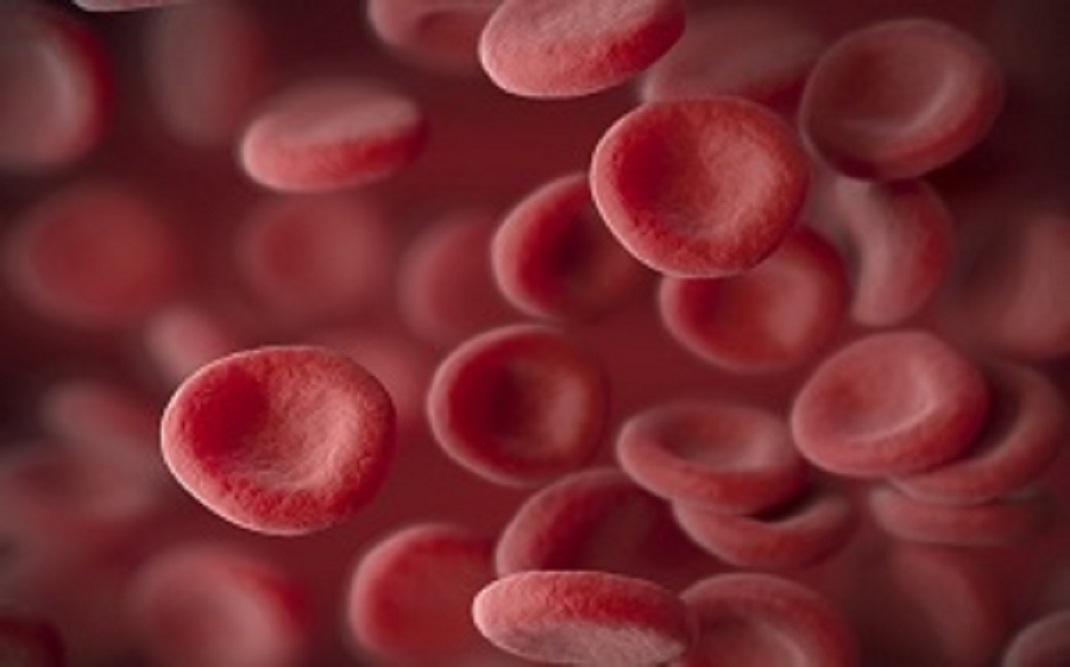
CTI BioPharma Corp. issued the following announcement on July 18.
- Company Plans to Advance Pacritinib 200 mg Twice-Daily (BID) Dose to Phase 3 for Patients With Severe Thrombocytopenia -
- Company Plans to Initiate PACIFICA Phase 3 Trial in Third Quarter of 2019 -
CTI BioPharma Corp. (Nasdaq: CTIC) ("CTI" or "the Company") today announced the outcome of a Type B, End-of-Phase-2a meeting with the U.S. Food and Drug Administration ("FDA" or "the Agency") for the continued development of its investigational myelofibrosis treatment candidate, pacritinib. Following this meeting, CTI plans to evaluate 200 mg of pacritinib administered twice daily (BID) in 180 patients with myelofibrosis and severe thrombocytopenia. The Company plans to initiate the Phase 3 PACIFICA study in the third quarter of 2019.
"We are pleased to be able to move the pacritinib program forward and are now in the process of finalizing an amendment to the PAC203 protocol, which the FDA will review, to allow a transition to the new PACIFICA Phase 3 study, in which we plan to compare the 200 mg BID dose of pacritinib to Physician's Choice in myelofibrosis patients with severe thrombocytopenia, an important unmet medical need," said Adam R. Craig, M.D., Ph.D., President and Chief Executive Officer of CTI BioPharma. "We anticipate initiating the trial in the third quarter, which would put us on track for topline Phase 3 data in mid-2021."
The randomized, open-label Phase 2 PAC203 dose-finding study was designed to evaluate the safety and efficacy of three dosing regimens of oral pacritinib in 150 patients with myelofibrosis. The Company expects topline safety and efficacy results from the Phase 2 portion of the PAC203 study in the third quarter of 2019 and is targeting presentation of the Phase 2 results at a scientific conference before the end of 2019.
The previous Phase 3 PERSIST program consisted of the PERSIST-1 trial, which was conducted in a broad set of patients without limitations on platelet counts, and the PERSIST-2 trial, which was conducted in patients with low platelet counts. An ad-hoc analysis of pooled data from PERSIST-1 and PERSIST-2 evaluated results from patients with platelet counts of less than 50,000 per microliter and showed that 23% (n=104) of patients administered pacritinib had a ≥35% spleen volume reduction (SVR), compared to 2% (n=48) (p=0.0007) given the best available therapy, which in the PERSIST-1 trial excluded JAK2 inhibitors and in the PERSIST-2 trial included the approved JAK2 inhibitor, ruxolitinib. The most common treatment-emergent adverse events of any grade occurring in 20% or more of patients treated with pacritinib within 24 weeks during the PERSIST-1 and PERSIST-2 trials were gastrointestinal (generally manageable diarrhea, nausea and vomiting) and hematologic (anemia and thrombocytopenia).
The Company is currently amending the protocol for the ongoing Phase 2 PAC203 study to include the new PACIFICA Phase 3 portion, in which CTI intends to compare the safety and efficacy of 200 mg of pacritinib administered twice daily to Physician's Choice in 180 myelofibrosis patients with severe thrombocytopenia (platelet counts of less than 50,000 per microliter) at approximately 120 sites worldwide. Patients will be randomized in a ratio of 2:1 between pacritinib and Physician's Choice. The primary endpoint of the trial is the percentage of patients who achieve at least 35% reduction in spleen volume at week 24. Dr. Srdam Verstovsek, Professor, Department of Leukemia, Division of Cancer Medicine, The University of Texas MD Anderson Cancer Center, and Dr. John Mascarenhas, Associate Professor of Medicine Myeloproliferative Disorders Program, Tisch Cancer Institute, Mount Sinai School of Medicine, will be co-principal investigators in the PACIFICA study. In addition, Professor Claire Harrison, Professor of Medicine, Guy's and St Thomas' NHS Foundation Trust, London, will chair the study's Steering Committee.
About Myelofibrosis and Severe Thrombocytopenia
Myelofibrosis is a type of bone marrow cancer that results in formation of fibrous scar tissue and can lead to severe anemia, weakness, fatigue and an enlarged spleen and liver. Patients with severe thrombocytopenia are estimated to make up more than one-third of patients treated for myelofibrosis, or approximately 18,000 people.1 Severe thrombocytopenia, defined as blood platelet counts of less than 50,000 per microliter, has been shown to result in overall survival rates of just 15 months.2 Thrombocytopenia in patients with myelofibrosis is associated with the underlying disease but has also been shown to correlate with treatment with ruxolitinib, currently the only approved treatment for myelofibrosis, which can lead to dose reductions and as a result may potentially reduce clinical benefit. Survival in patients who have discontinued ruxolitinib therapy is further compromised, with an average overall survival of seven to 14 months.3,4 There are currently no approved therapies available to treat myelofibrosis patients with severe thrombocytopenia, or patients who have failed ruxolitinib treatment, thereby making this a significant unmet medical need.
About Pacritinib
Pacritinib is an investigational oral kinase inhibitor with specificity for JAK2, FLT3, IRAK1 and CSF1R. The JAK family of enzymes is a central component in signal transduction pathways, which are critical to normal blood cell growth and development, as well as inflammatory cytokine expression and immune responses. Mutations in these kinases have been shown to be directly related to the development of a variety of blood-related cancers, including myeloproliferative neoplasms, leukemia and lymphoma. In addition to myelofibrosis, the kinase profile of pacritinib suggests its potential therapeutic utility in conditions such as acute myeloid leukemia (AML), myelodysplastic syndrome (MDS), chronic myelomonocytic leukemia (CMML), and chronic lymphocytic leukemia (CLL), due to its inhibition of c-fms, IRAK1, JAK2 and FLT3.
About CTI BioPharma Corp.
CTI BioPharma Corp. is a biopharmaceutical company focused on the development and commercialization of pacritinib for the treatment of adult patients with myelofibrosis. CTI BioPharma is headquartered in Seattle, Washington.
Original source can be found here.





